‘Watch it die’: Real estate agent trick becoming ‘the norm’ despite being illegal, experts say
An infuriating tactic of real estate agents that’s meant to be against the law has become “the norm”, experts say, and Aussies are being stung as a result.
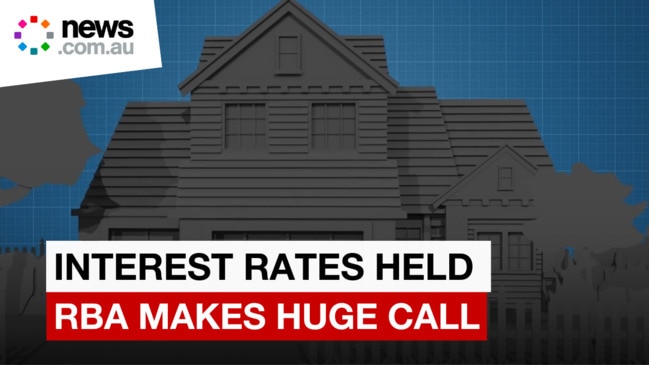
News
Don't miss out on the headlines from News. Followed categories will be added to My News.
There’s a phrase cheekily uttered among Sydney real estate agents behind buyers’ backs that exposes a growing practice in the industry that’s meant to be illegal.
“Price it low and watch it go,” the saying goes. “But price it high and watch it die.”
For the past few months, news.com.au has kept tabs on what a number of realtors have guided a property’s price as and then what the home eventually sold for.
There are many examples of hefty gaps between the two, including several at between $400,000 and $500,000, some at $500,000 to $700,000, and one at more than $1 million.
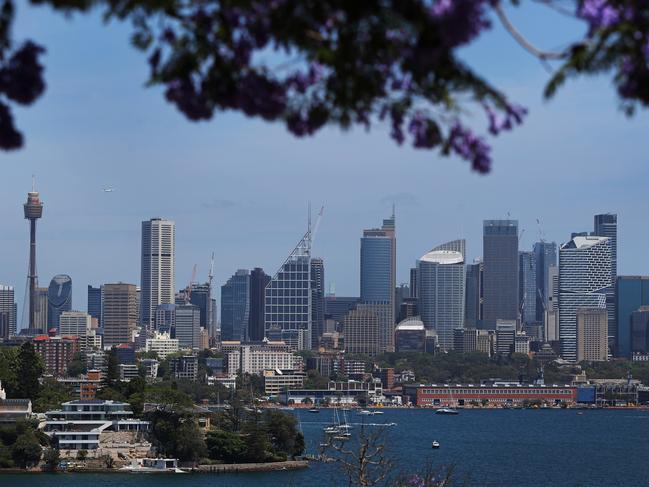
The official line from realtors and the industry body representing them is that the rapidly rising market and hot competition among buyers are to blame for the discrepancies.
Instances of agents deliberately underquoting properties to lure in more buyers and artificially create competition, driving up prices as a result, are extremely rare, they insist.
But some experts who work in and monitor the space say the practice is rampant and it’s “highly unlikely” that such mammoth and repeated differences are an accident.
Extraordinary price premiums
Over the space of two months, news.com.au has collated a number of property listings from across Sydney’s inner and middle ring suburbs at various price points.
Price guides were obtained for each, and then the eventual sale amount was noted, either from auction results or purchases made before properties went under the hammer.
For legal reasons, news.com.au cannot identify the properties in question, nor the agents who managed their sales.
But in the vast majority of cases, there was a wide gap between what buyers were told the properties were worth and how much they eventually sold for.
For example, a three-bedroom house in Sydney’s inner south was guided at $2.2 million before selling for a staggering $890,000 more at $3.11 million, a premium of 40 per cent.
In the same suburb, another three-bedder was listed with a guide price of $2.1 million but went for $350,000 more at a premium of almost 17 per cent.
In one popular suburb in the city’s inner-west, hefty gaps between guide and sale price were observed, with one two-bedroom house advertised at $1.5 million but selling for $1.78 million.
That $280,000 difference represents a more than 18 per cent premium.
Got a story to share? Email shannon.molloy@news.com.au
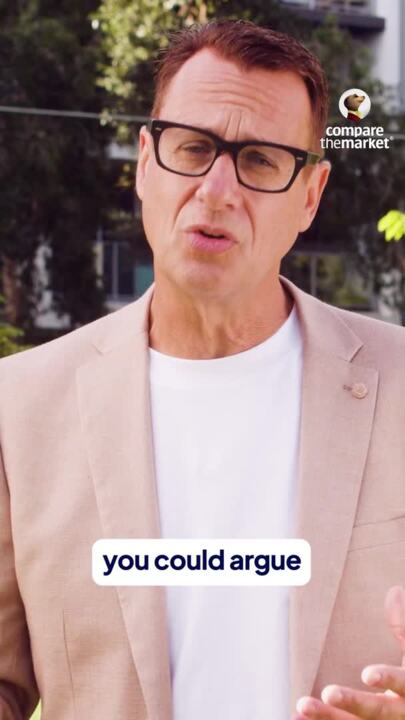
Down the road, a three-bedroom home sold for $370,000 above its $2.1 million guide, some 17 per cent more.
A larger house in the same area was guided at $2.5 million ahead of its scheduled auction, but despite bids reaching $2.8 million, the vendor decided not to sell.
It eventually found a buyer post-auction who paid $2.9 million, some 20 per cent above the price originally indicated.
A few suburbs over, a large but rundown property sold for $1.25 million above its guided price, or for a staggering 41 per cent difference.

The gaps weren’t just seen with house listings.
In an inner-city suburb, a two-bedroom unit guided at $1.1 million wound up fetching $1.38 million, or some 24 per cent more.
Towards the inner-west, another two-bedroom unit fetched $287,000 more than its guide, or a 28 per cent premium, while a small one-bedder in the inner city guided $950,000 but eventually sold for $1.29 million, or 35 per cent more.
Guides are now ‘meaningless’
Paul Mulligan, founder of Mulligan Buyers Agents, said deliberate underquoting has become the norm in the heated Sydney market.
“I experience it every day,” Mr Mulligan, who has worked in the real estate industry for three decades, told news.com.au. “Every single day. I take the price guide with a grain of salt. It has become meaningless.”
In New South Wales, legislation offers agents a leeway of 10 per cent, meaning a price range could be $700,000 to $770,000.
But the law does not allow agents to knowingly underquote in any fashion, even within the 10 per cent range, but Mr Mulligan said he sees it constantly.
“I’m buying a property at the moment for someone and the agent is quoting $1.375 million, but I have also been told the owner wants $1.5 million.
“That’s within the 10 per cent range but the law doesn’t allow that. You cannot deliberately mislead people by any amount, and yet it happens.
“And it’s rarely 10 per cent. It’s more like 20, 30 and even 40 per cent on occasion.”

Economist Peyman Khezr, a senior lecturer at RMIT University, whose PhD was on selling practices in the real estate industry, believes deliberate underquoting is “common”, especially in major markets like Sydney and Melbourne.
And when the gaps are significant, it is “highly unlikely that it’s an accident”, Dr Khezr said.
“It’s especially common in the auction market,” he said. “In some instances it’s a significant difference. When you see a mid-level house selling for $600,000 or $700,000 more, which I see a lot … that is not an accident.”

On the flip side, Professor Chyi Lin Lee, discipline director of property at UNSW Sydney, said a sale price higher than the guide “is not proof of underquoting”.
“It could result from strong competition among buyers, which an agent might not have been able to predict,” Professor Lee said.
“This could happen during a strong property market, which can sometimes lead to much higher auction prices than reserve and guide prices. This does not necessarily indicate underquoting, as the market may outperform expectations.”
In fact, he believes the practice is less common now than before legislative changes outlawed the use of terms like “offers over” or “starting from” around prices.
Previously, marketing strategies like quoting ‘offers over $900K’ were common, but such practices are no longer allowed.
“The current system allows NSW Fair Trading to take disciplinary action against agents and provides guidelines for underquoting. This would reduce the prevalence of underquoting.”

The impact on frustrated buyers of repeatedly encountering underquoting can be significant, Mr Mulligan said, with many wasting huge amounts of time inspecting homes they “could never afford”.
“I feel for consumers. They’re going out every weekend just wasting their time. It’s legal fees having contracts reviewed, it’s money on building and pest reports, and there’s a big emotional cost too.”
Guiding not black-and-white
Luke Bindley from Austin Buyers Agents said many agents are finding it hard to accurately set a price guide “when the market is moving so quickly”.
“In my experience, there’s definitely underquoting that happens, but I also see that term thrown around pretty loosely with buyers who just don’t understand particular markets and house prices within those suburbs,” Mr Bindley said.
“The property is only worth what a buyer is willing to pay. If someone is very emotionally attached, chances are they’re going to pay much more than an investor or a first homebuyer with a limited capacity.”
Blatant underquoting can hurt a sales campaign by drawing in buyers who have no chance of being able to afford the property, he pointed out.
“I had one recently and the agent absolutely blundered the campaign. I knew it was underquoted and most of the interest was from first homebuyers thinking they were in with a chance.
“They weren’t. I knew they wouldn’t be able to compete so I wound up getting it for a really good price prior to auction. I could see what it was really worth.”
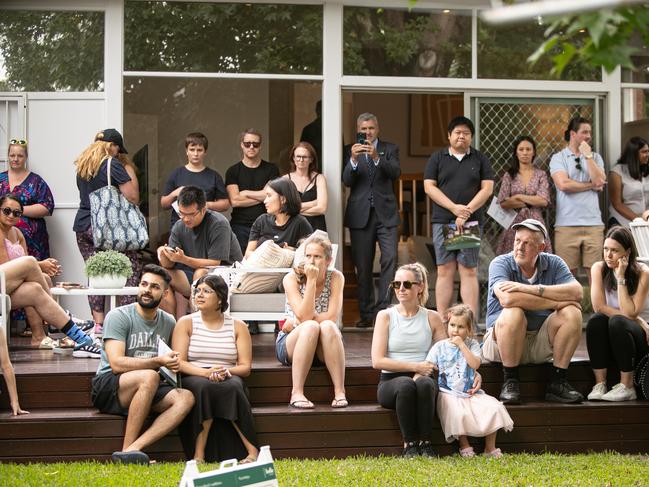
Fellow buyer’s agent Vipul Nagji agreed that setting a price guide is tricky, but the Inform Buyers founder said they are only ever meant to be a marker.
“We find the majority of price guides are on the money,” Mr Nagji said. “They do generally trade in that range, perhaps slightly lower or higher on occasions.”
He said a leeway of 10 per cent is reasonable in the current market and noted that good agents will adjust a price guide during the campaign based on buyer feedback.
“I saw one recently guided between $2.2 million and $2.4 million, but then the agent has done the right thing and upped it as the campaign went on because the market told them it was more.
“Then, it wound up selling for more than $3 million. A lot of people would be unhappy about that, but at the same time, the agent has done the right thing.”

That particular result is a reminder that “it takes two to tango”, he added.
“You’ve got to put some onus, some of the responsibility, on the buyer too. They’re often willing to go higher and higher.”
Mr Mulligan agreed that there are cases of buyers spending “absolutely stupid amounts of money” that don’t constitute underquoting.
“I was bidding at auction a few weeks ago on a property sold by an agent who’s pretty straight up-and-down based on previous sales.
“The person I was bidding against wasn’t going to stop, it was clear. I pulled out at $1.8 million, and he went to $1.85 million.
“But that’s rare. There are times in a heated market where you’ll see things like that, properties selling for absolutely stupid amounts of money above guide, but most of the time it’s underquoting.”
Enforcing the law ‘near impossible’
Should a frustrated buyer decide to make a complaint about apparent deliberate underquoting, they will quickly discover that the process is complex and burdensome.
That could be why the number of submissions received by Fair Trading is fairly modest in the scheme of things.
So far this year, the agency has received 105 complaints about alleged underquoting, although for the entirety of 2023, it received 168.
“I’m not surprised the complaint numbers are low because they make it quite difficult for people to lodge a complaint,” Mr Mulligan said.
“And then, the compliance unit has 10 inspectors responsible for 60,000 real estate agents, so the chances of the complaint leading to anything is minimal.”
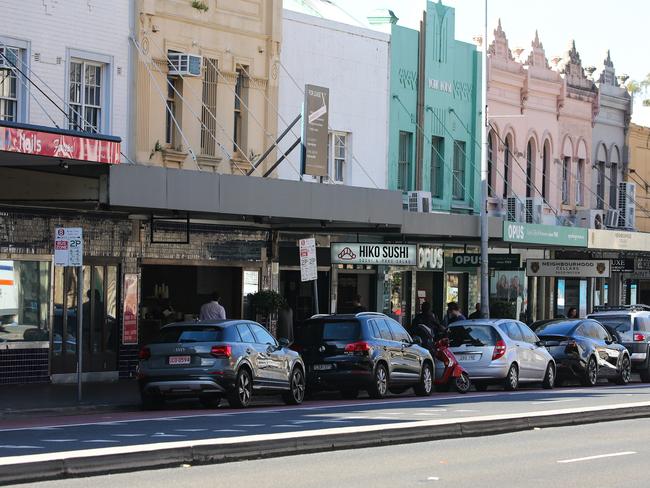
Should an agent be hit with a fine, it amounts to $2200, which Mr Mulligan tongue-in-cheek described as “a decent Friday lunch bill” for some successful realtors.
Fair Trading has issued 55 fines so far this year, compared to 54 for all of 2023.
The real estate industry insists instances of deliberate underquoting are rare and instead attributes the gap between price guides and eventual sales results to market momentum and high buyer demand.
“But when the government is running underquoting forums for industry, and when they’re talking about establishing a taskforce, there’s clearly a problem,” Mr Mulligan said.
“I think people need to pull their head out of their arses and own it.”
The Real Estate Institute of New South Wales was approached for comment for this story.
Legislation requires agents to justify price guides with evidence, such as recent comparable sales and current levels of buyer demand.
But Dr Khezr said the ‘comparable’ homes used to justify low guides are sometimes chosen carefully and selectively, with most bearing little-to-no similarity.
“They can be pretty biased and could be easily framed to suit the desired outcome,” he said.
News.com.au does not suggest any person quoted in this article engages in underquoting.
Originally published as ‘Watch it die’: Real estate agent trick becoming ‘the norm’ despite being illegal, experts say





